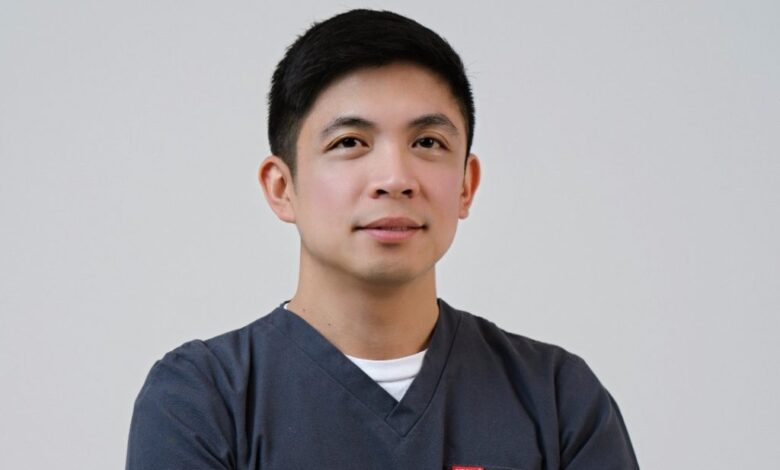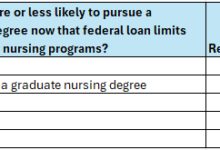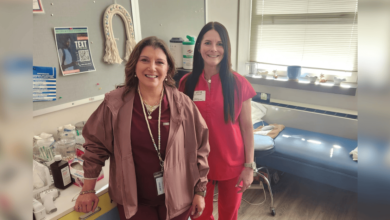Senior Filipino nurse championing social care nursing

A leading Filipino nurse has expressed his pride at being appointed as a managing director for a care home group, describing social care as his “calling”.
Kier Dungo is believed to be the first nurse from his country to take on a very senior manager position for a large adult social care provider in England.
“I think that’s where my calling is, that’s where my nursing is highly suited for”
Kier Dungo
As one of two managing directors for Gold Care Homes, Mr Dungo is in charge of half of the more than 30 care homes that the group runs.
Speaking to Nursing Times, Mr Dungo said his appointment in December was a “proud moment”.
Mr Dungo came to the UK from the Philippines in 2012 and started as a senior care assistant before gaining his nurse registration in 2014.
After registering, Mr Dungo took up a role in the NHS as a theatre nurse for a period time before deciding to return to social care.
“I think I was destined to be in adult social care because I went back to adult social care,” he said.
“So, I think that’s where my calling is, that’s where my nursing is highly suited for.
“I like working with families, with the residents, the service users and developing that long-term relationship with them to achieve health goals for them and having a more fulfilled life in the care homes.
“Sometimes care homes are seen as like the end of the journey for them. But the way I see it is we can have a fulfilling life in care homes, and that’s how I viewed the adult social care sector.
“I’ve always championed the social care sector since I started in that industry.”
Mr Dungo is also the social care lead for the Philippine Nurses Association UK (PNAUK) where he works alongside fellow history-making nurse Oliver Soriano.
In October, Mr Soriano, president of PNAUK, became the Filipino nurse to take on an executive nurse director post in the NHS.
Asked if he thought these appointments marked a turning point for recognition of Filipino nurses in England, Mr Dungo said: “I think so.
“With the recent appointment of Oliver, it was an inspirational appointment for all of us that we see that Oliver has broken that ceiling. And now we’re doing it in social care.
“As Oliver said, we want that door to be held open for everyone else who wants to pursue that ladder.
“And that’s what we are trying to do in our association so that we can help people who are eager and have the skills to develop and climb up.”
In terms of his priorities in his new role, Mr Dungo said he wanted to work towards getting all of the group’s care homes rated as ‘outstanding’ by the Care Quality Commission.
He also pledged to focus on supporting the workforce in order to improve retention rates and reduce the number of vacancies, “so that we can assure that there is that continuity of high-quality care that we deliver to our residents”.
“The reason I wanted to step up is because, as well as the residents, I want to make sure that the people who are working in our care homes are supported,” Mr Dungo told Nursing Times.
“When I initially started my career as a nurse, that support was not as expected in the ideal scenario, so I want to make sure that people going through the journey are having that support from an employer’s point of view as well.”
On a national level, Mr Dungo has further plans to improve representation of Filipino nurses working in adult social care.
He is the founder and chair of a new organisation called Filipinos in Care, which is set to be the first international nursing and midwifery association (INMA) in the UK dedicated to social care nurses.
Among the issues that the group wants to tackle is international recruitment into UK care homes and making sure that it is always ethical.
Mr Dungo noted recent reports of exploitation of internationally recruited care workers, including those outlined in a BBC Panorama episode in December following an investigation into one care home in North East England.
“That was very sad, and that’s not how we want the social care sector to be perceived,” he added.
“I’m sure it’s an isolated case, but it is happening. So, we are looking into that as well in our organisations and associations, so that people from our background have that representation to equal rights and [are] treated well in their jobs in the UK.”






